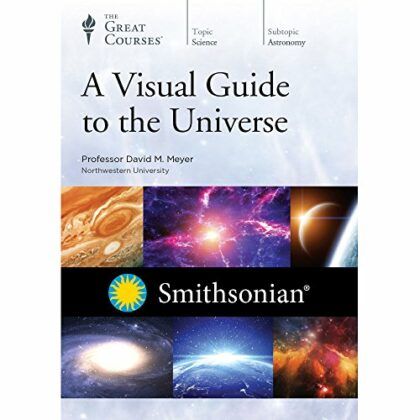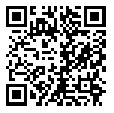Adult Forum - A Visual Guide to the Universe and James Webb additions
Jan 21, 2024 @ 10:00 am - 11:00 am
 For the first time in human history, we can see the full splendor and mystery of the universe, thanks to instruments on scores of planetary probes and observatories that have been launched into space since the 1990s.
For the first time in human history, we can see the full splendor and mystery of the universe, thanks to instruments on scores of planetary probes and observatories that have been launched into space since the 1990s.
From Saturn’s rings to the heart of the Milky Way, and from colliding galaxies to cataclysmic gamma-ray bursts at the edges of visible space, some of the most spectacular sights in the cosmos are now as easy to see as the stars above. Many of these cosmic phenomena occur at wavelengths of light that are beyond the range of human vision and can only be detected by special instruments in space.
The dazzling new images are not just a data bonanza for scientists; they have entered popular culture, appearing in art galleries and coffee-table books, as well as on posters, T-shirts, and even postage stamps. Above all, this stunning archive is providing a new perspective on our dynamic universe.
Come join us for the following 30 minute lectures, followed by discussion.
Oct 22: Probing the Cosmos from Space
Oct 29: The Magnetic Beauty of the Active Sun
Nov 5: Mars: Water and the Search for Life
Nov 12: Vesta and the Astroid Belt
Nov 19: Saturn: The Rings of Enchantment
Nov 26: The Moons Europa and Enceladus
Dec3: The Search for Other Earths
Dec 10: The Swan Nebula
Dec 17:The Seven Sisters and Their Stardust Veil
Jan 7: Future Supernova, Eta Carinae
Jan 14: Runaway Star, Zeta Ophiuchi
Jan 21: The Center of the Milky Way
Jan 28: The Andromeda Galaxy
Feb 4: Hubble’s Galaxy Zoo
Feb 11: The Brightest Quasar
Feb 18: The Dark Side of the Bullet Cluster
Mar 3: The Cosmic Reach of Gamma-Ray Bursts
Mar 10: James Webb – The First Year
Mar 17: James Webb – the latest news
For the next two weeks: Mar 10 and Mar 17 we will be watching and discussing the latest discoveries from the James Webb telescope..
If you cannot make it in person, please join us on Zoom using the Zoom id: 989 0789 7878.

